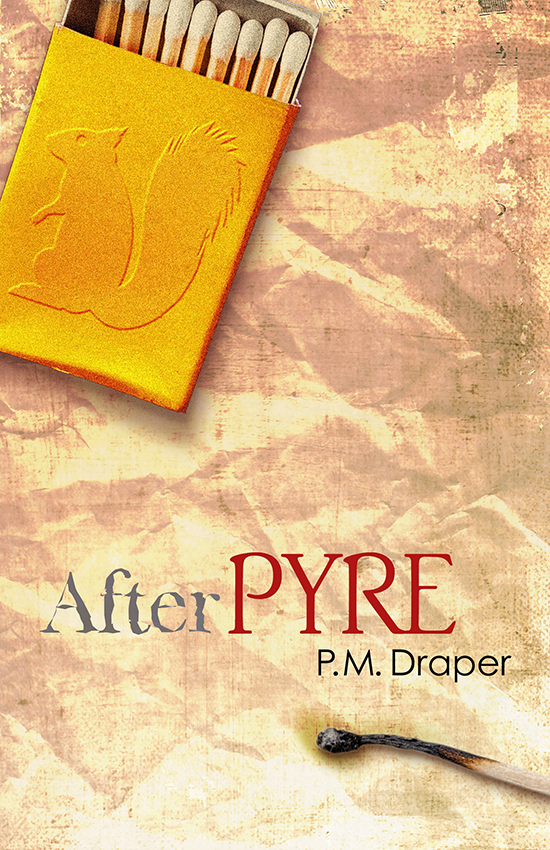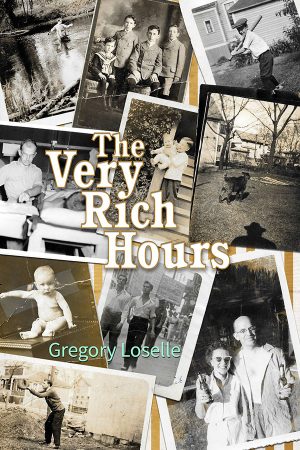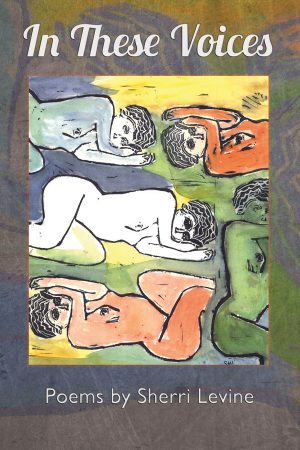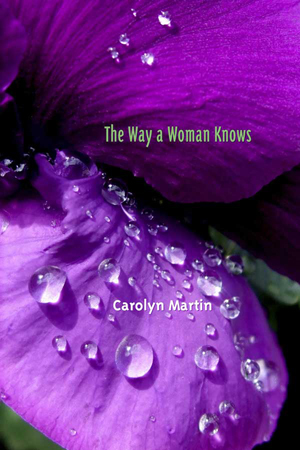Description
After Pyre
by P.M. Draper
P.M. Draper’s poems in After Pyre explore change, loss, and unfathomable heartache, while offering the reader respite with her skillful verse that is not only refreshing, but achingly funny when you least expect it. From the tragic tale of suicide by fire to poems about squirrel sex and the Kung Fu Nuns of Kathmandu, After Pyre will take the reader on quite a ride.
ENJOY A VIDEO OF PAT READING FROM THE BOOK:
P.M. (Pat) Draper — A Featured Poet on The Poetry Box LIVE (September 2022)
About the Author

P.M. Draper is a baby-boomer who retired during the pandemic. Her previous book of verse, The Tao of Hibiscus was published in 2020. She won 2nd place in the Covid competition for her poem “A Time Like This” which appears here in After Pyre. She’s been a closet-poet for years, coming out in 2018 when she joined a local writers’ group. She lives in Vero Beach, Fl with her husband and Boston Terrier, Oreo.
Early Praise for After Pyre:
In After Pyre, her second collection of poetry, P.M. Draper skillfully and piercingly explores what it means to experience both personal and collective trauma. Written in radiant, unfancy language, her poems speak of family dysfunction and tragedy, the pandemic, illness, and ageing—all with bracing clear-sightedness and compassion, defiance, abundant humor, and above all, an abiding sense of hope. Draper’s poetry asks difficult questions: how does one move through the world while haunted by memories of violent sibling deaths, mental illness, addiction? How does one find beauty and joy amidst enormous suffering and loss? These galvanizing poems implore and inspire the reader to embrace possibility in the face of heartache. They are a stunning testament that, out of chaos and ruin, we humans are endlessly capable of discovering the power to live fully to touch the bones of every dream.
—Skipwith Coale
PM Draper’s music is slant, whimsical and deeply satisfying. In the first stanza of “Illuminati,” she juxtaposes Amsterdam, Bangkok, and Vienna, employs personification, auditory imagery, nouns used as verbs, several cliches, and alliteration. She wakes her reader and then employs the ancient trope: apostrophe, before we’re swept to Tierra del Fuego. She roams the page restlessly and yet paradoxically, seems at home in her country: poetry. You won’t be the same after reading about squirrel sex or the “Kung Fu Nuns of Kathmandu.”
—Sally Naylor, author of Synapse Flies into Startle








Reviews
There are no reviews yet.